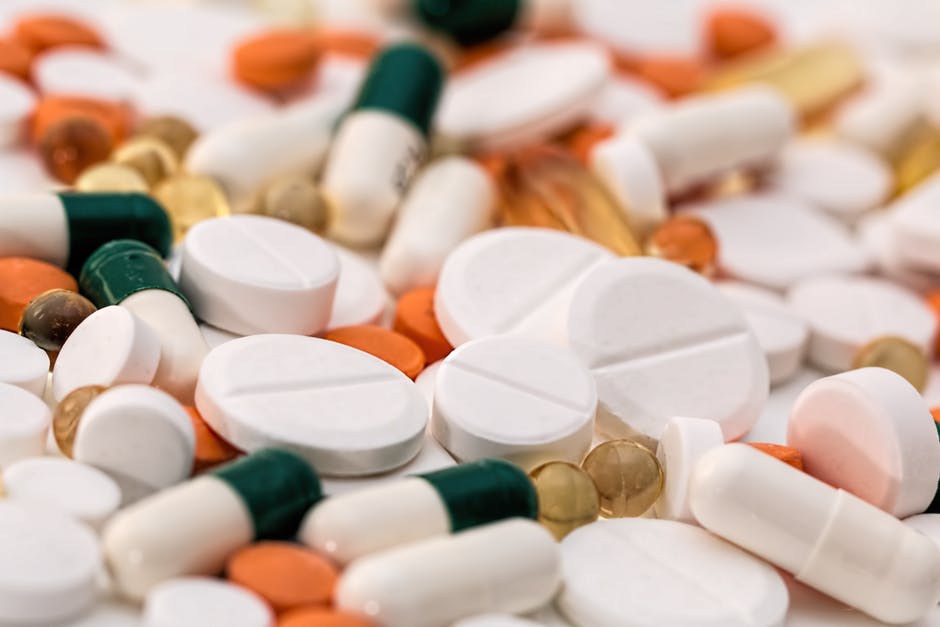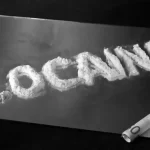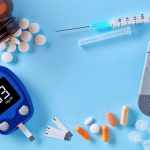People who are aware of their drug addiction often consider that the implications of this problem in their lives are not as impactful as people say. In fact, most of the consequences of drug addiction are not visible. Besides the obvious effects that drugs have on the human body, none of which being positive, there are other far-reaching effects that people don’t know about. Many drug addicts find out about these effects when it is already too late and they need to deal with the harmful consequences directly.
The effects of drug addiction that will be discussed in this article include cardiovascular diseases, strokes, cancer, AIDS, Hepatitis, lung diseases and, lastly, mental disorders. All of these are real, long-term effects of consuming drugs. As mentioned earlier, people tend to diminish how harmful the impact of drug addiction is, so raising awareness about these consequences should help addicts understand the risks they expose themselves to, thus convincing them to give up drugs and get themselves enrolled in rehab clinics.
Cardiovascular effects
Illegal drugs are closely related to serious cardiovascular adverse effects. Most drugs are the cause behind an abnormal heart rate and they can trigger heart attacks. Injectable drugs put people at risk even more because there is a chance of vein infection which can permanently damage the blood vessels, as well as the heart valves. This could lead to heart collapsing. Drugs like amphetamine and cocaine determine changes in a person’s heart rate and blood pressure, which can ultimately cause seizures. Cocaine in powdered form will transform the arteries of a person in stiff ones. The heart muscles will get thicker, which increases the risk of suffering a heart attack. Several studies have shown that drugs are linked to a series of cardiovascular anomalies that lead to death.
Strokes
Abusing drugs increase the risks of ischemic stroke. More than that, addicts are twice more likely to develop an intracerebral hemorrhage. Elevated blood pressures and vasospasm, which are both associated with strokes, are effects of stimulants such as cocaine and amphetamine. If a stroke is caused by heroin, it often leads to serious complications (ruptured mycotic aneurysm). Both long-term and short-term use of drugs can lead to strokes. By combining drugs with alcohol consumption, the likelihood of developing a stroke is even higher. Using drugs increases the risk of a stroke six times in the case of people over 30 years old. After a stroke, the long-term effects involve paralysis, judgment trouble, numbness, swallowing trouble, bowel control issues and so on.

Cancer
There is a visible connection between various types of cancers and drug consumption. Drug addicts are at a higher risk of developing abnormal cells in the body. Besides the use of nicotine, that is highly related to the apparition of lung and throat cancer, illegal stimulants can also lead to an uncontrollable multiplication of abnormal cells. Polydrug abuse and neglecting personal hygiene matters are associated with cancer. The most common type of cancer that is often developed in the case of drug addicts is the Non-Hodgkin’s lymphoma. Illicit substances such as cocaine sometimes contain substances like phenacetin, which is a carcinogenic one. By consuming this substance, people put themselves at high risk of developing kidney cancer. Both snorting coke or smoking crack can lead to developing cancer because of the exposure to carcinogens.
AIDS and Hepatitis B&C
Drug use is closely related to viral infections such as AIDS and Hepatitis. Drug addicts are exposed to higher risks of contracting viral infections because these affections can be transmitted through blood or other body fluids. Because of the devastating effects of drug use (impaired judgment), addicts tend to neglect their hygiene, which also plays a role in contracting AIDS or Hepatitis. Both women and men can carry these infections and mothers pass the infections to children.
HIV is the virus that gets transmitted from one person to another and it is responsible for the reduction of CD4 cells in the body, which defend it from infections and other diseases. By contracting the virus, the person becomes susceptible to contracting all sorts of infections because the body can no longer fight the viruses. AIDS is the final stage of this infection when the number of CD4 cells goes under 500. Contracting HIV doesn’t necessarily mean that the infection will develop to AIDS. One way to prevent the apparition of AIDS after HIV has been contracted is to get rid of using drugs.
Drug addicts must look for rehabilitation centers and enroll themselves in a treatment program. These drug addiction programs will help the patient break the addictive cycle, will help the patient understand the situation he is in, will dig into potential underlying issues that may cause other complications and so on. Moreover, rehab centers help addicts to build new, healthy habits and stay sober permanently. Help 4 Addiction is a good source of information for any drug addict that would like to find a good rehabilitation center.

Mental disorders
Drug abuse is often associated with mental health issues, as mentioned by the World Health Organization. Because of the behavioral changes caused by consuming illicit substances, mental diseases can appear without the person even noticing the symptoms. Some of these symptoms include a visible loss of interest in any activity, loss of interest in spending time with family and friends, extreme sensitivity and nervousness, the apparition of paranoia, showing suspicious behavior, difficulties in paying attention and so on. Mental disorders must be treated separately from addiction. Substance use disorder is sometimes considered a mental health disorder because it triggers the loss of control in terms of making choices. Even so, treating addiction is different from treating other mental health disorders, and it can be a lengthier process. Addiction recovery is also influenced by a series of environmental factors that can slow down or speed up the process.







